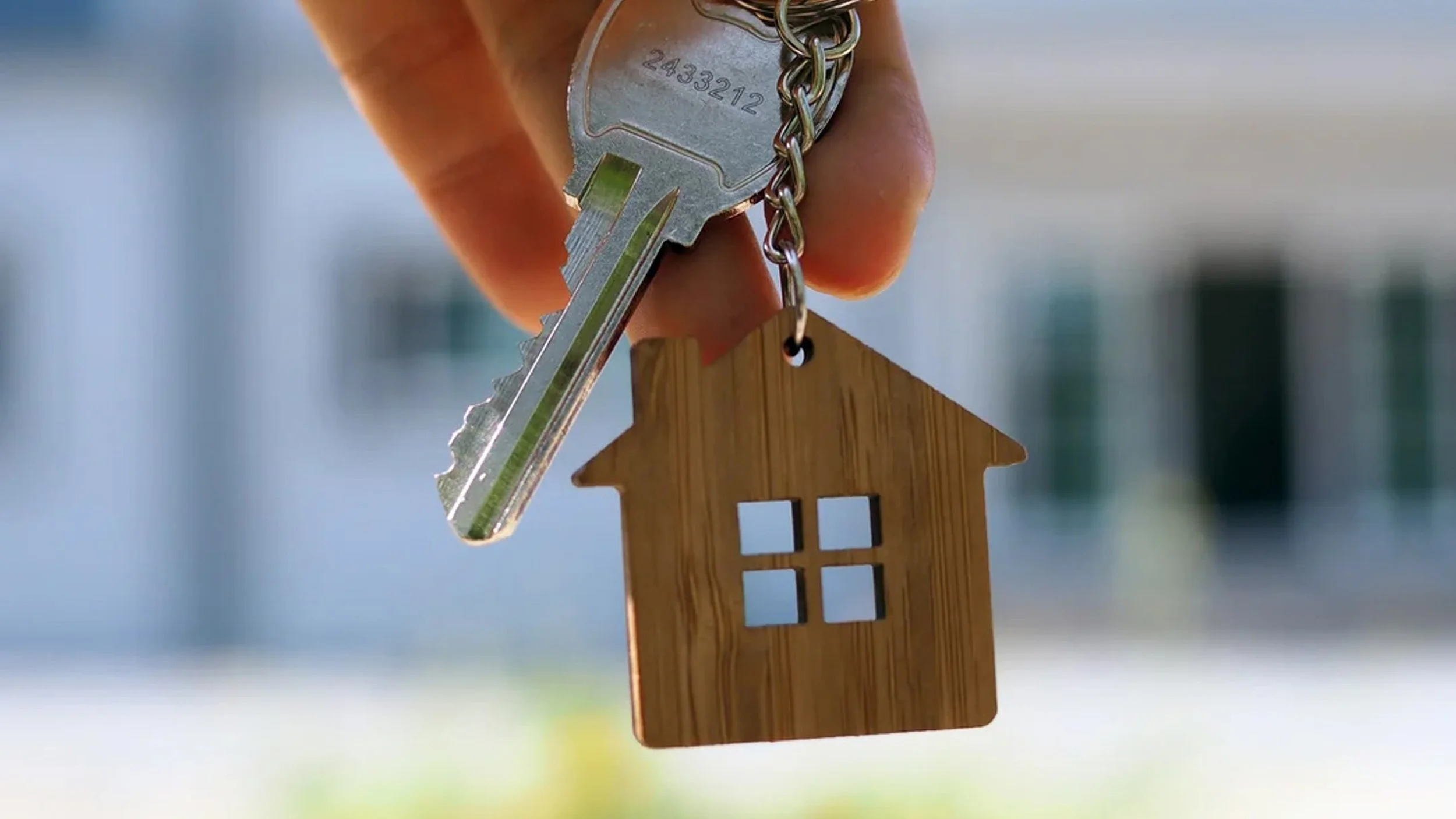Buying a House Probably Isn’t a Good Investment
Michael Hart | July 12, 2025
Buying a house probably isn’t a good investment - but that doesn’t mean it’s a bad idea. Let’s be honest—your home feels like the best investment you’ll ever make. Let's crunch some numbers...
But first –
As an advice only planner, we earn one fee for any and all advice we give you – independent of how much money you have.
We think it’s fairer that way.
Agree?
Because we are ultra-focused on helping you make smarter financial decisions – not just selling you products or trying to find the next hot stock tip – we entertain questions and write them up on our blog. And that’s what we’re doing this month with our blog about how much tax gets taken out of your “retirement check.”
And, we’ll try to answer it in two minutes or less.
Check out these blogs below that we’ve written about various financial planning topics for mid-career professionals.
Is a Roth Conversion really necessary?
How retirement benefits are taxed
Now for the feature presentation!
Example:
In 1995, someone buys a home for $200,000. They sell it in 2025 for $600,000. That’s a $400,000 gain… right?
Not so fast. Let’s look at the real math.
Transaction Costs:
Closing costs (5%): –$10,000
Selling costs (6%): –$36,000
Ongoing Costs Over 30 Years:
Property taxes: –$95,000
Homeowners insurance ($1,200/year): –$36,000
Maintenance (1.5% of home value annually): –$190,000
Mortgage interest (6% on a $160k loan): –$185,000
HOA fees: –$10,000
Total Costs:
$562,000
Net Gain from Sale:
$600,000 – $200,000 – $562,000 = –$162,000
Yes, that’s a $162,000 loss. Even though the home tripled in value, the true cost of owning it for 30 years wiped out the gains.
What If You Rented Instead?
Let’s say you rented a home for $1,000/month, with 3% annual rent increases:
After 30 years, you would have paid ~$586,000 in rent.
So yes—renting is expensive, and you don’t build equity.
But the homeowner only came out slightly ahead—and with a lot more risk and responsibility.
What If You Invested Instead?
If you invested that $40,000 down payment at 8% annually, it would grow to ~$402,000 over 30 years. If you also invested the difference between rent and homeownership costs, you could end up with $1 million or more.
So Why Buy a Home?
Because it’s not just a financial decision.
Every summer, I host big backyard BBQs with friends and family. We swim in the pool, eat great food, hang out all day, and roast marshmallows at night while listening to 90s hits. Those memories are priceless.
Homeownership gives you:
Control over your space
Predictable costs once the mortgage is paid
A sense of community and stability
A home base for life’s best moments
A home can be a great life decision—even if it’s not a great investment.
Just don’t confuse the two.
Creating an overall retirement plan
All of this is important, but what plays an even bigger part in determining your retirement success or failure is having an overall financial plan. Before you stop working, you should gain a picture of:
What the income is likely to be, after-tax
What your expenses will be
How you’ll get health insurance
What major contingencies could occur (health risks, home maintenance costs, caring for loved ones, etc.)
If you want our help in creating a retirement plan, please send me a note and let’s talk.
-Michael
Michael Hart, CFP® is an advice only financial planner for mid-career professionals in Princeton, New Jersey.
P.S. We are fee-only, flat fee advisors in Princeton, NJ who help mid-career professionals build wealth. If you’d like to meet with us to discuss retiring in New Jersey, how to create a financial plan for retirement, or any other topics related to your wealth, please set up a time.
Disclaimer
Investment advisory services are offered through Advice Only, Public Benefit Corporation, DBA Open Book Financial Planning, a Registered Investment Advisor in the State of CA and in other jurisdictions where registered or exempted (CRD# 334039). This communication is not intended as an offer or solicitation of any financial instrument or investment advisory services. Our current disclosure brochure, Form ADV Part 2, is available for your review upon request and at www.adviceonly.com



